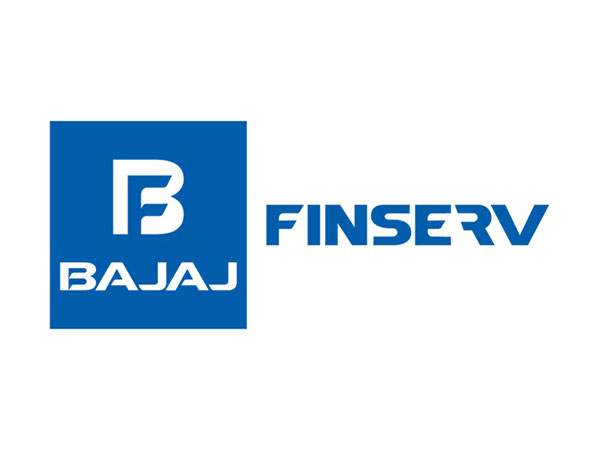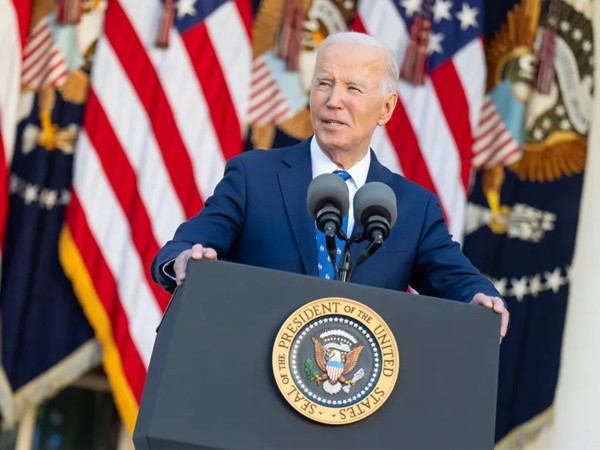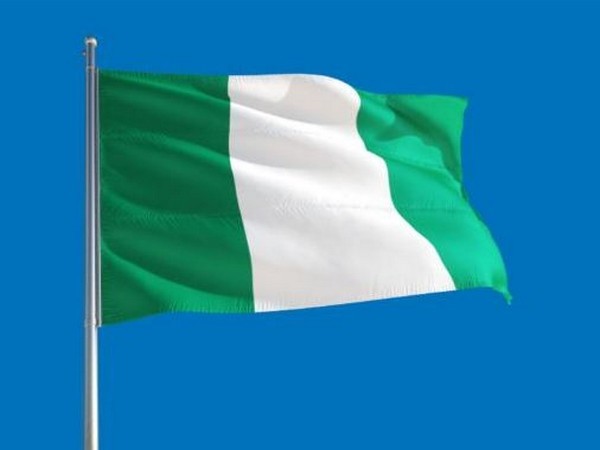How to Open an FD Account with Attractive Interest Rates?
Oct 24, 2024

NewsVoir
Pune (Maharashtra) [India], October 24: Fixed Deposits (FDs) remain one of the most preferred investment options, especially for risk-averse individuals seeking a stable return. The guaranteed returns, relatively higher interest rates compared to a regular savings account, and flexibility in tenure make FDs a popular choice for many. However, with a wide variety of banks and financial institutions offering FD accounts, it's essential to know how to open FD account with attractive interest rates to maximise your returns.
In this article, we will explore the steps to open an FD account, discuss what to look for when selecting an FD, and highlight ways to secure the best FD interest rate for your investment.
Understanding Fixed Deposits
Before diving into how to open FD account, it's crucial to understand what a Fixed Deposit is. FDs are term deposits offered by banks and non-banking financial companies (NBFCs). You deposit a lump sum amount for a fixed tenure, and the bank offers a predetermined FD interest rate for that period. At the end of the tenure, you receive your principal along with the accrued interest.
The interest rate on FDs varies depending on the bank or financial institution, the tenure, and the type of FD (cumulative or non-cumulative). Some institutions may offer senior citizens and existing customers preferential interest rates.
Steps to open FD account
Opening an FD account is relatively simple and can be done through both online and offline channels. Here's a detailed guide on how to open FD account.
1. Choose the Right Financial Institution
The first and most crucial step is to choose the right bank or NBFC. Different banks offer varying FD interest rates based on the deposit amount and tenure. It's essential to compare interest rates from multiple institutions to find the most attractive offer. While banks are considered safer, NBFCs often offer higher interest rates but come with slightly higher risk. Ensure the institution is reputed and offers secure services.
2. Determine the Investment Amount
Once you've selected a financial institution, the next step is to decide how much you want to invest. The minimum deposit required for an FD account can vary between institutions, ranging from as low as Rs1,000 to higher amounts for special schemes. Decide your investment based on your financial goals, liquidity requirements, and the FD interest rate offered.
3. Select the Tenure
FDs come with varying tenures, ranging from seven days to ten years. You can select a short-term or long-term FD based on your financial needs. Usually, longer tenures offer better interest rates, but it's crucial to evaluate your liquidity needs before locking in your money for an extended period. If you are looking for attractive returns, opt for a tenure that offers a higher FD interest rate without compromising your financial flexibility.
4. Choose Between Cumulative and Non-Cumulative FD
When opening an FD account, you need to decide between cumulative and non-cumulative options. In a cumulative FD, interest is compounded and paid at the end of the tenure, offering a higher return. A non-cumulative FD pays interest at regular intervals (monthly, quarterly, or annually). If you're looking for regular income, a non-cumulative FD might be better, while a cumulative FD is ideal if you're focused on long-term wealth building.
5. Apply to open FD account
Once you've finalised the institution, amount, tenure, and type of FD, the next step is to apply to open FD account. This can be done online or by visiting a bank branch. If you are an existing customer of the bank, opening an FD online is straightforward and quick.
For offline account opening, visit the nearest branch of the bank or NBFC with the required documents, including proof of identity, proof of address, and passport-sized photographs. Complete the application form and submit the documents to the bank representative. Once your application is processed, your FD account will be opened.
6. Monitor the FD Interest Rates
Interest rates fluctuate depending on market conditions and the policies of financial institutions. To secure the best FD interest rate, keep an eye on the current rates before opening your FD account. Some institutions also offer promotional interest rates during specific periods, which can help you earn higher returns. Regular monitoring of interest rates ensures that you open your FD at the best possible time.
Securing Attractive FD Interest Rates
When opening an FD account, your primary goal is to maximise the FD interest rate to grow your wealth effectively. Here are some strategies to secure attractive interest rates:
1. Compare Rates Across Banks and NBFCs
Interest rates on FDs vary significantly between institutions. It's essential to compare rates across different banks and NBFCs to find the best option. Some financial institutions offer higher rates for specific tenures or during promotional periods. Additionally, NBFCs generally offer better rates than banks, although they may carry slightly higher risk.
2. Opt for Special FD Schemes
Many banks offer special FD schemes with higher interest rates for specific tenures or deposit amounts. These schemes are often available for limited periods, and they can provide a substantial boost to your returns. Keep an eye out for these offers when you decide to open FD account.
3. Look for Senior Citizen Benefits
If you're a senior citizen, you can take advantage of preferential interest rates offered by most banks and NBFCs. Typically, senior citizens receive an additional 0.25% to 0.50% interest on top of the standard rates. This can significantly enhance your returns.
4. Consider Long-Term FDs
Longer-term FDs generally offer higher interest rates than short-term ones. If you can afford to lock your funds for an extended period, consider choosing a long-term FD with a higher FD interest rate. However, ensure you don't require liquidity during the tenure, as premature withdrawals may lead to penalties and lower interest earnings.
The Impact of FD Interest Rates on Your Returns
The FD interest rate plays a crucial role in determining the returns on your investment. A higher interest rate ensures that your deposit grows faster. To understand the impact of interest rates, consider using an FD calculator. This tool helps you calculate your estimated earnings based on the deposit amount, tenure, and interest rate, allowing you to choose the best option for your needs.
Before opening an FD account, also take into account the frequency of interest compounding (monthly, quarterly, or annually) as it can affect your total returns. Compounding at shorter intervals leads to higher returns.
Conclusion
Opening an FD account with attractive FD interest rates requires careful planning and research. Begin by comparing the interest rates offered by various banks and NBFCs, and choose a tenure and type of FD that aligns with your financial goals. Whether you're looking for long-term wealth accumulation or regular income, FDs can be a reliable investment option. Always keep an eye on promotional rates and special schemes that can help you earn higher returns.
Check more details at www.bajajfinserv.in/investments/fixed-deposit
With the right strategy and timely decisions, you can open FD account that maximises your savings and secures your financial future. By selecting a bank or NBFC that offers attractive interest rates, opting for tax-saving FDs, and monitoring market trends, you can ensure your fixed deposit yields optimal results.
(ADVERTORIAL DISCLAIMER: The above press release has been provided by NewsVoir. ANI will not be responsible in any way for the content of the same)









